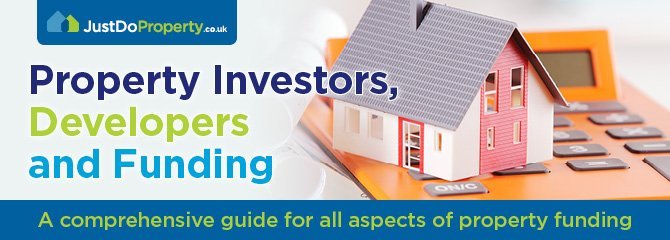
Whenever you are building, selling or letting a residential property, you are legally required to produce an Energy Performance Certificate (EPC). Previous legislation that required Home Information Packs to be produced as part of a property transaction, which included a Home Condition Report and EPC, were scrapped as long ago as 2010.
Image Source: Unsplash
The EPC is a short document designed to show clearly how energy efficient a property is, based on its current output and performance potential. It contains information about current energy usage, typical energy costs along with recommendations on how consumption might be reduced and energy saved. More than that, the EPC “has also been widely considered an important tool in the fight against climate change,” Alan Rance Surveyors.
So, how does this work in practice? Here are 7 essential questions you should be asking.
- What information is given on an EPC, and how?
The Certificate largely consists of a chart (see below) which is produced using standard software and the survey data to generate two ratings: one for energy efficiency, the other for environmental impact. Each rating is given on a scale of 1-100 and banded into grades A to G, with A being the most energy efficient and G being the least efficient. The higher the number, the more efficient your home is and the lower your fuel bills are likely to be. An EPC is valid for 10 years.

Image Source: USwitch
- Who carries out EPC inspections and issues the Certificate?
An accredited energy assessor will visit the property to conduct an EPC inspection, assess the property’s energy efficiency and produce the Certificate. To find a fully accredited Domestic Energy Assessor, search the government’s EPC Register here. You can also use the Register to look up EPCs of other properties by address – a handy tool if you wish to find out how other local properties compare to your home in terms of energy performance.
- How much does an Energy Performance Certificate cost?
While there is no set fee for an energy performance assessment and certificate, the price you pay will generally depend on several factors. These include the type of building you live in, its size and number of bedrooms, bathrooms etc., as well as the local neighbourhood. EPC can cost as little as around £35 for the smallest properties, but you should be prepared to pay as much as £120 for large houses in expensive areas.
- Does every property require and EPC or are there exemptions?
There are some situations where an EPC is not required. These include
- Places of worship
- Listed buildings
- Temporary buildings used for no more than 2 years
- Agricultural buildings, industrial sites and workshops
- Buildings due for demolition
- Standalone buildings with a floor space of less than 50 square metres
- Holiday accommodation that is rented out for less than 4 months per year
- Do you need to pay for an EPC when you buy or rent a property?
No, as a tenant or buyer you should never be expected to have to pay for an EPC; it is the landlord’s responsibility to make this document available to you free of charge. That said, the property owner doesn’t have to commission a new EPC every time the flat or house is sold or let since the EPC is valid for a period of 10 years. However, not being able to produce a valid EPC will put the landlord or seller at serious risk of a £200 fine.
- What does the EPC tell you about energy costs?
The information contained within the Energy Performance Certificate is an excellent starting point for homeowners and landlords wishing to know where upgrades need to be made and money needs to be spent in order to heat and power the property more efficient and cut fuel bills. There’s a section in the document that addresses different areas of the home individually, which can be valuable for working out where best to start.
- What are the most recent EPC changes you should be aware of?
The data provided by the EPC should help tenants improve the energy efficiency in their rented homes. In April 2016, the regulation was amended to allow tenants the right to seek permission from their landlord to implement efficiency measures in privately rented properties. From April 2018, landlords will have to achieve an E minimum grade for rental properties – renting out a property with F or G EPC ratings will become illegal, with penalties of up to £4,000 being issued for transgressions.
- Homebuilding and Renovating Show Free Tickets - March 19, 2024
- From Fixer-Upper to Dream Home: Investing Returns in Your Property Journey - March 13, 2024
- Leaving on a High Note: Acing Your End of Tenancy Clean - March 13, 2024



